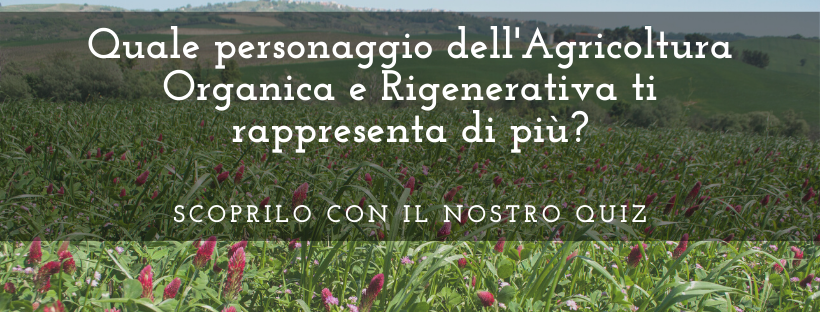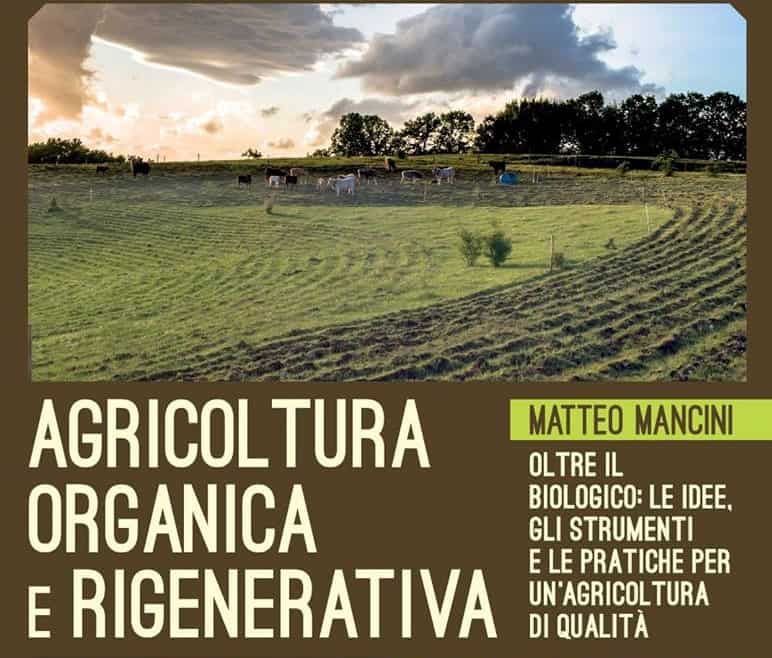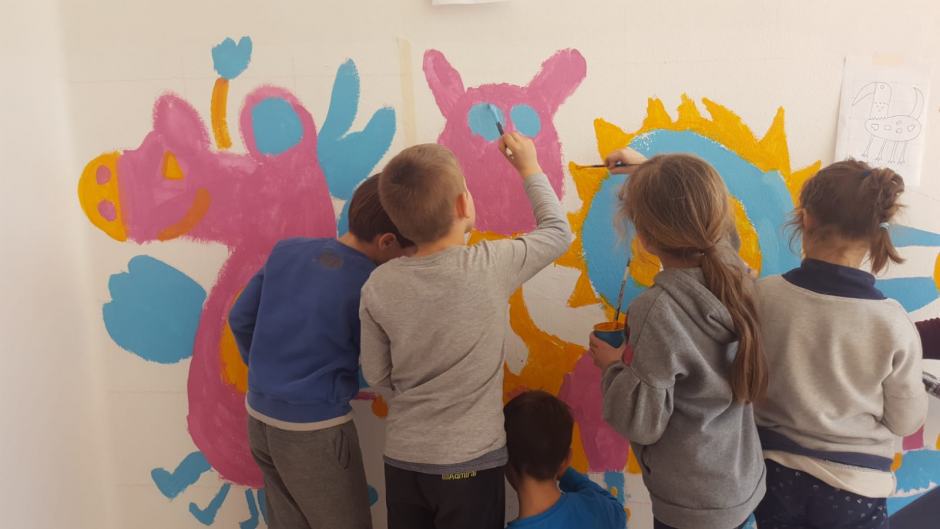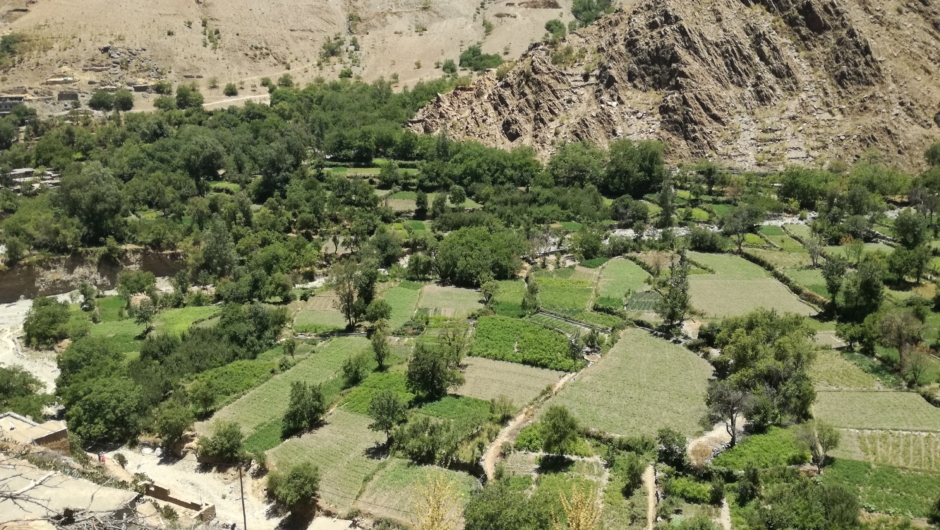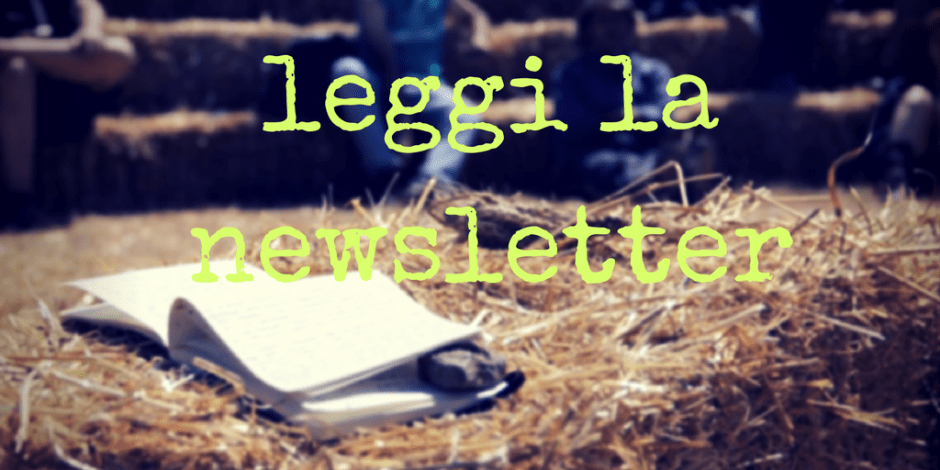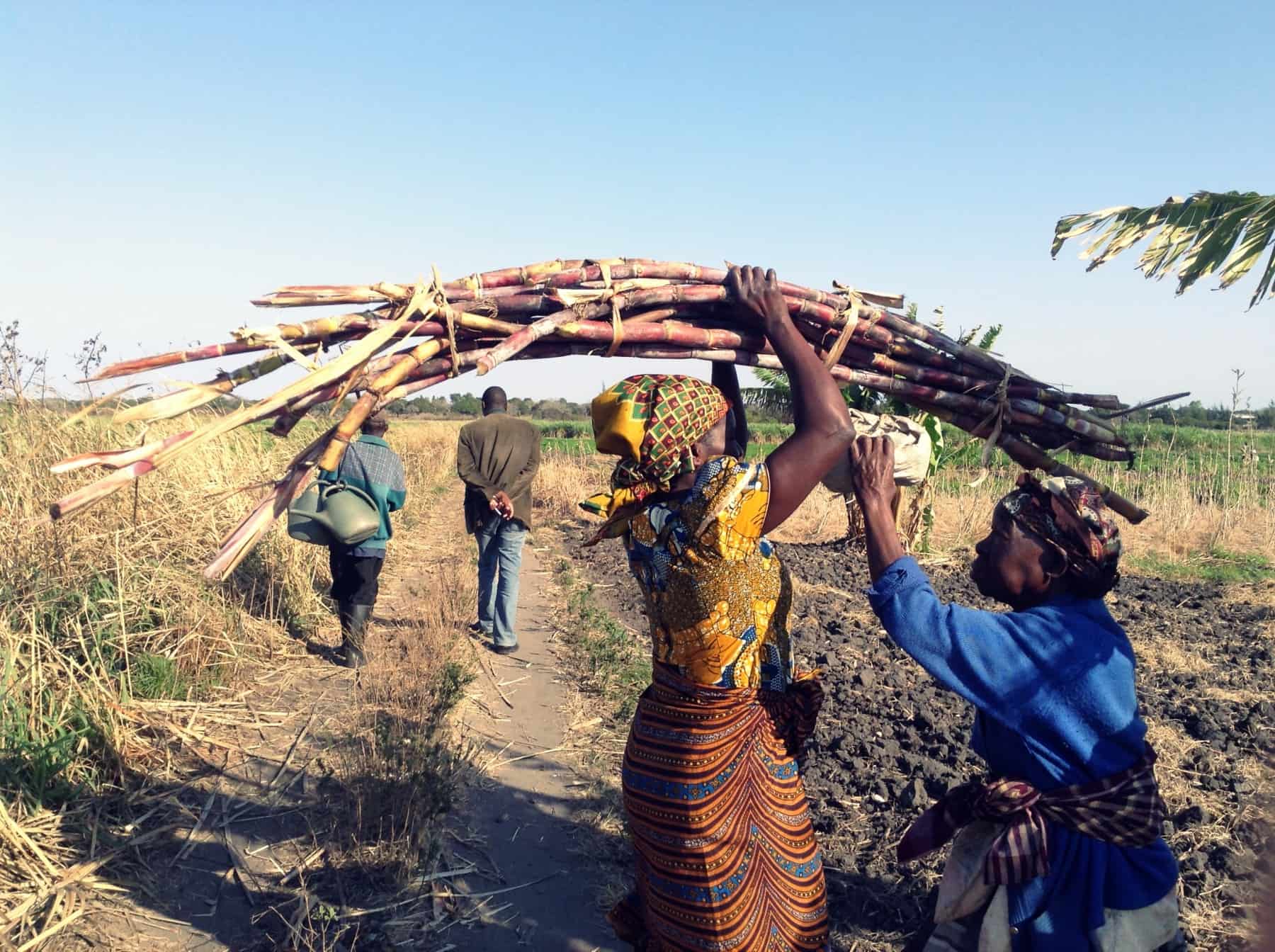Balanced Roots
Resilient community for the revitalisation of Cascina Sant'Ambrogio
Ended:
30 November 2018
Context
Balanced Roots unfolds in continuity with the previous project ‘Borderlands’ and aims at improving the management of natural ecosystems in Milan. It operates in the eastern part of the city in between Tangenziale Est, Via dell’Ortica, Viale Argonne, and Viale Corsica to regenerate soils; to introduce a shared and sustainable management of the area; and to revitalise Cascina Sant’Ambrogio.
The urban and demographic expansion of Milan has contributed to the growth and innovation of the city, but it has also introduced harmful consequences for its natural environment. The main causes are atmospheric pollution originated by polluting gas emissions; soil consumption, which amounts to 35% in the Province of Milan; and heath waves whose frequency and intensity are on the rise. Among the main environmental risks, the most evident ones are:
- Soil pollution, particularly due to heavy metals such as lead. Among the anthropic activities that affect natural ecosystems and landscapes, soil pollution modifies the characteristics of soil itself such as to compromise not only its protective functions, but also the productive and ecological ones. This causes problems to water courses under and above the soil, to the atmosphere, and to the food chain system affecting also human health.
- General abandonment of surrounding areas which has allowed the proliferation of open landfills, the introduction of abusive shacks, and the relative environmental and social degradation.
Info
The strategy adopted for the objective focuses on the valorisation of Cascina Sant’Ambrogio as ecological centre of aggregation and potential pole of resiliency within the area of intervention. We will operate on the one hand on the re-vitalisation of the Cascina and its physical characteristics (soil quality, green barriers against polluting elements, improvement of supporting structures for agricultural activities); on the other on the active involvement of the communities of the Cascina and the surrounding neighbour in agricultural activities, as well as formative meet ups on the topic of circular economies.
Activities
The implementation of the strategy includes:
- interventions for the rehabilitation of the ecosystems and improvement of soil and air quality
- skill improvement in the field of sustainable management of the territory
- diversification of the activities able to generate income for an ecological, circular, fair, and self-sustainable economy
- implementation of a Community Supported Agriculture
- creation of job opportunities for the youth in the field of natural agriculture and green economy through the ministerial programs of school-work combination programs.
Beneficiaries
Direct beneficiaries:
1600 members of the association CasciNet will be able to benefit from a more protected green area, as well as healthier and safer lands for agricultural self-production. At least 100 members will benefit from a training in sustainable and innovative agricultural practices; three referees from the Food Forest will be trained in pruning techniques and area betterment; a local Roma family of seven will take part in the creation of mobile bio-structures; two CasciNet members will be counselled in the topic of agricultural entrepreneurship; 20 people will build a Community Supported Agriculture; 100 primary and secondary school pupils will be involved in environmental education workshops; at least 40 students from secondary schools will be able to undertake curriculum internships; at least 40 youngsters will elaborate an innovative project of resiliency.
Indirect beneficiaries:
The 150 000 citizens living in the Municipality n.4 of Milan will benefit from the revitalisaiton of the area, particularly through the betterment of the soil conditions which will improve the microclimate of the territory. He local institutions will be able to benefit from a bottom-up maintenance of the green areas. Over 200 parents and relatives of the students involved in the activities will come to learn about the educational workshops in the schools and in the Cascina. Trough online and offline communications results will be disseminated reaching at least 50 000 people.
Partners:


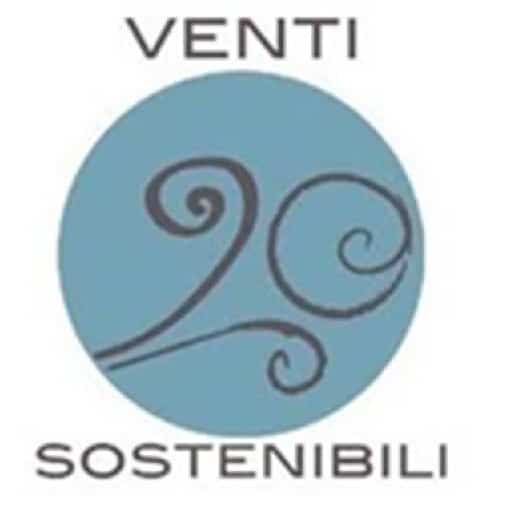
Donors:

News
No elements

